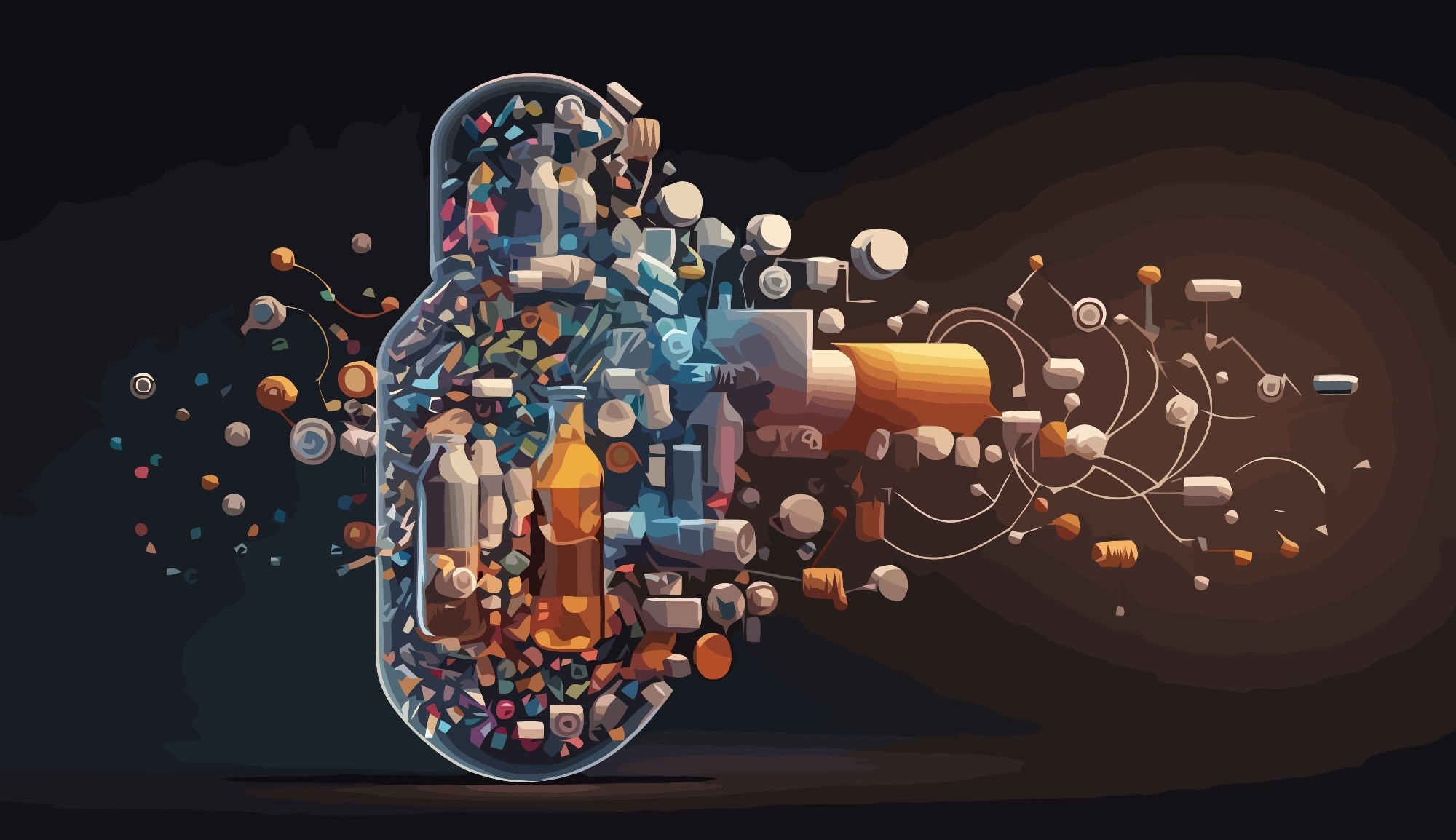A new micro-perspective in the ACS journal Medicinal Chemistry Letters evaluates recent research on artificial intelligence (AI)-generated molecular structures from the point of view of the medicinal chemist and recommends guidelines for assessing the novelty and validity of these compounds. The perspective, published as part of the journal's virtual special issue "New Enabling Drug Discovery Technologies - Recent Progress," provides an analysis of eight molecular structures produced from generative chemistry published in the past two years to reveal the impact of AI and machine learning (ML) methods on modern-day drug discovery. In total, the authors found 55 recent publications covering generative chemistry efforts.
 Study: The Hitchhiker’s Guide to Deep Learning Driven Generative Chemistry. Image Credit: GogOfVector/ Shutterstock
Study: The Hitchhiker’s Guide to Deep Learning Driven Generative Chemistry. Image Credit: GogOfVector/ Shutterstock
Designing synthetically feasible molecular structures that are novel and experimentally valid in the context of the disease is a challenge for generative chemistry algorithms. "We hoped to provide an in-depth analysis of the strengths of certain AI and ML generative chemistry approaches to produce truly novel and synthetically feasible molecular structures," says Alex Aliper, Ph.D., President of Insilico Medicine, who co-authored the study.
Rather than simply focusing on AI-generated structures, the authors examine the validity of these structures from the medicinal chemist's perspective – including synthesis and biological assessment.
Ultimately, say the Insilico scientists, as terms like "generative AI" and "generative chemistry" become more widespread, it's essential to define relevant terms better and demonstrate the validity of generated structures across various measures. Their recommendations include:
- Thoroughly inspecting generated structures in regard to their novelty and patentability.
- Using rationally balanced preprocessing rules and medicinal chemistry filters adapted for generative pipelines.
- Avoiding misleading statements, especially "novel drug candidate" and "novel lead compounds," which must be supported with exhaustive biological data. In many cases, "primarily hit compound" is the only term that can be reasonably applied to active compounds of generative origin.
- Employing severe similarity metrics.
- Providing medicinal chemists with all generated structures besides those presented by authors as the most promising ones.
- Evaluating active molecules of AI origin at least using standard MTS or MTT assays to avoid nonspecific action and cytotoxicity.
- Assessing synthetic accessibility.
- Improving the generative engine, with more attention to the training set, the test set, and similarity metrics.
- Paying more attention to reinforcement learning with advanced systems and processes intended to rapidly evaluate the generated molecules for desired properties.
"We are encouraged by the increasing use of generative AI in chemistry which can help speed and expand drug discovery efforts," says Alex Zhavoronkov, PhD, founder and CEO of Insilico Medicine and co-author of the paper. "But we believe that publications in generative chemistry should always include experimental validation and rigorous evaluation and review by medicinal chemists. We think the process can be further improved by introducing new techniques to generate and evaluate the novel molecular structures from a medicinal chemistry perspective to produce the next generation of novel AI-generated drugs."
Insilico Medicine is extremely honored to have been invited to contribute to this edition of Medicinal Chemistry Letters and would like to thank the editors for the opportunity.
Source:
Journal reference: